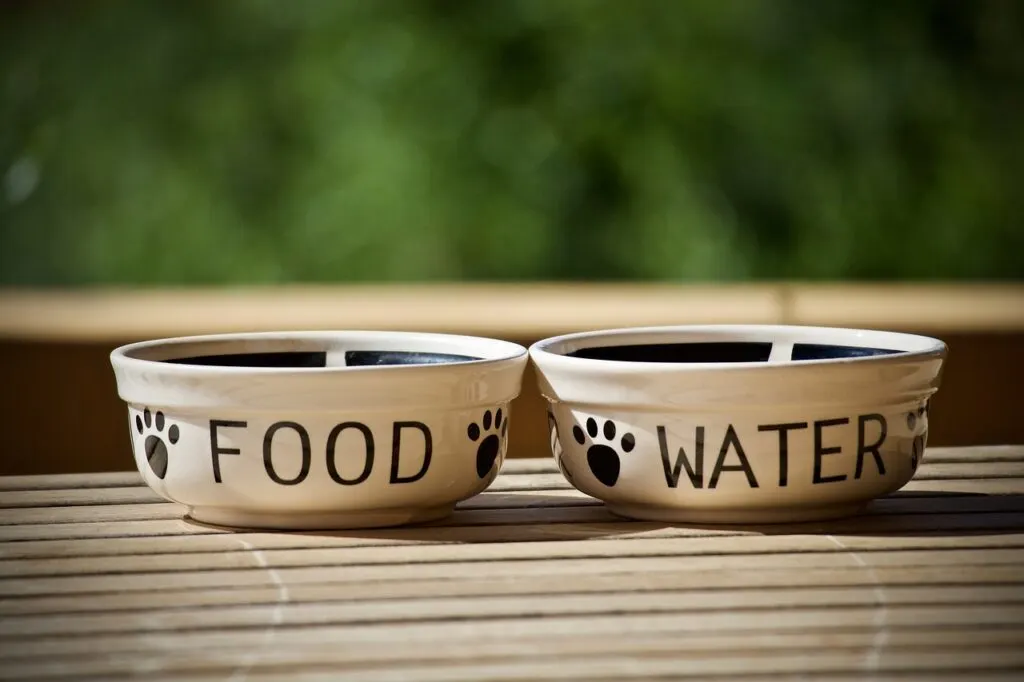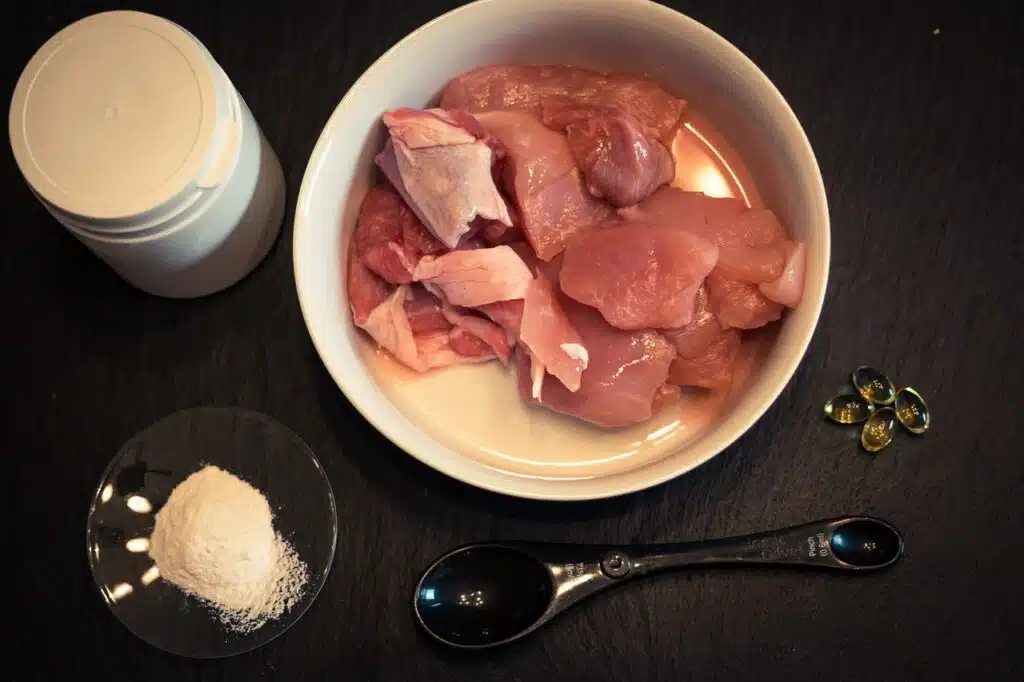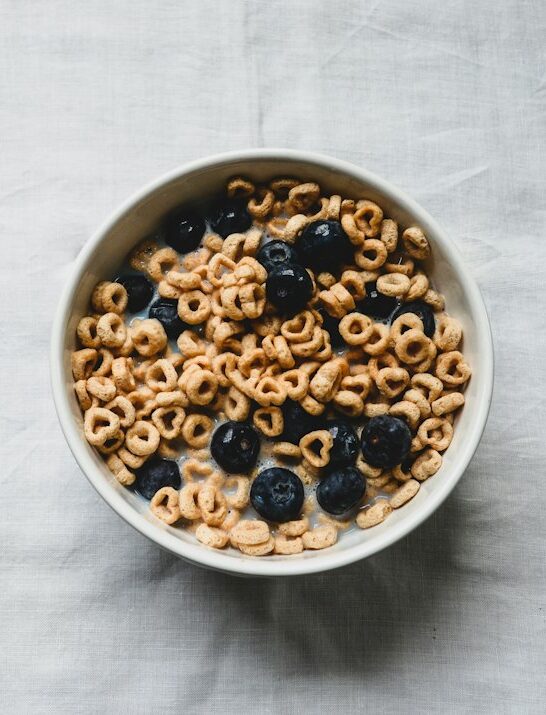Best Food for German Shepherd Puppies
Fostering the growth and development of a German Shepherd puppy requires not only love and care but also providing them with optimal nutrition. These intelligent, energetic, and loyal dogs deserve what’s best to ensure they grow into strong, healthy adults.
When it comes to supporting the growth and well-being of these magnificent dogs, choosing the right food is paramount. The best food for German Shepherd puppies will vary significantly from other breeds due to their size, metabolism, and specific health concerns. To cater to these needs, it’s crucial to select food that is nutrient-dense, age-appropriate, and tailored for this breed.
That’s why in this article, we explore canine nutrition in search of the best food options for German Shepherd puppies. Read on to learn how to nurture your German Shepherd puppy with the ideal diet.
Key Takeaways:
- German Shepherd puppies require a balanced diet with proteins, fats, carbohydrates, vitamins, and minerals to support their rapid growth and overall health.
- High-quality puppy food should prioritize animal-based proteins, healthy fats, whole grains, fruits, and vegetables for their essential nutrients.
- When choosing between wet and dry food, consider factors like hydration, palatability, convenience, and affordability. Many pet parents opt for a combination of both food types to cater to their puppy’s preferences.
- Raw food can be introduced to a German Shepherd puppy’s diet if done correctly and carefully, considering a variety of protein sources, organ meats, and fruits and vegetables.
- Consult your veterinarian for personalized advice and any necessary supplements to ensure your puppy receives balanced nutrition.
Nutritional Needs of German Shepherd Puppies
German Shepherd puppies require a balanced diet that includes the right mix of proteins, fats, carbohydrates, vitamins, and minerals.
Protein is crucial for muscle development and overall growth, while healthy fats provide essential fatty acids and support brain function. Carbohydrates supply energy, and vitamins and minerals are necessary for various bodily functions.
It’s important to note that German Shepherd puppies have a higher calorie requirement compared to other breeds due to their rapid growth and large size. A German Shepherd puppy typically needs at least 80–90 calories per pound of body weight.
Therefore, it’s crucial to feed them food with a high caloric density to meet their daily needs without overfeeding.
Ingredients to Look for in High-Quality Puppy Food
When selecting high-quality food for your German Shepherd puppy, it’s essential to consider several factors contributing to their overall health and well-being. Prioritizing whole, natural ingredients ensures that your puppy receives the necessary nutrients in an easily digestible and beneficial form.
Animal-based proteins should be at the top of your list, as they are the most bioavailable source of essential amino acids for dogs. Look for lean meats such as:
- chicken,
- turkey,
- beef,
- lamb,
- fish,
- poultry meals.
These protein sources are not only highly digestible but also support muscle development and growth in puppies.
Healthy fats are another crucial component of a German Shepherd puppy’s diet. Opt for foods containing:
- fish oil,
- flaxseed oil,
- canola oil,
- corn oil.
These oils, along with Omega-3 fatty acids, promote brain development, coat health, and help reduce inflammation. Additionally, look for balanced levels of Omega-6 fatty acids from sources like chicken fat or sunflower oil to maintain healthy skin and a shiny coat.
Furthermore, whole grains like brown rice, oats, or barley provide energy and dietary fiber while supporting healthy digestion. However, if your puppy has a sensitive stomach or grain intolerance, consider grain-free alternatives like sweet potatoes or peas.
Additionally, fruits and vegetables should also be included in your German Shepherd puppy’s diet. These ingredients offer natural sources of vitamins, minerals, and antioxidants that support immune function and overall health. Look for options such as blueberries, spinach, carrots, or apples to add to your puppy’s food.
Remember that there’s also a list of foods you should never feed your puppy.

Wet Food vs. Dry Food – Which is Better?
Choosing between wet and dry food for your German Shepherd puppy can be tricky. Each type of dog food has its pros and cons you should consider.
Wet Food
Wet food has several advantages. Its high moisture content helps keep your German Shepherd puppy hydrated and can be particularly beneficial for those dogs that don’t drink enough water. Wet food is also generally more palatable and aromatic, making it an excellent choice for picky eaters or puppies with a reduced appetite.
Additionally, wet food may be easier to chew and digest, especially for young puppies still developing their teeth or those with dental issues. However, it still does have some downsides, such as its shorter shelf life once opened and the need for refrigeration. It can also be more expensive than dry food on a per-meal basis.
Dry Food
Dry food, often called kibble, is a popular choice among pet parents due to its convenience, affordability, and longer shelf life. Dry food is also easier to store and doesn’t require refrigeration.
However, dry kibble might not be as palatable or aromatic as wet food, which could lead to reduced appetite in some puppies. Additionally, the lower moisture content means that it may not provide adequate hydration for puppies prone to urinary issues or those that don’t drink enough water.
Combining Wet and Dry Food
Many pet parents choose to combine wet and dry food to create a balanced diet that offers the benefits of both food types. Mixing the two can enhance the taste and smell of your puppy’s meal while providing additional hydration.
If you decide to mix wet and dry food for your puppy, do it in a 50:50 ratio — 50% of the recommended daily amount of wet food and 50% of the recommended amount of dry. This combination can help you cater to your puppy’s preferences while ensuring they receive the necessary nutrients for growth and development.

Raw Food in German Shepherd Puppy’s Diet
Incorporating raw food into your German Shepherd puppy’s diet can be a viable option for some pet parents, provided it is done correctly and carefully. The raw food diet, also known as the Biologically Appropriate Raw Food (BARF) or raw feeding, involves providing your puppy with uncooked meats, bones, organs, fruits, and vegetables.
Advocates of the raw food diet argue that it more closely resembles the natural diet of their wild ancestors and can lead to benefits such as improved coat condition, increased energy levels, healthier teeth and gums, and better digestion.
However, there are also potential risks and challenges associated with feeding a raw diet to your German Shepherd puppy:
- Balanced nutrition. Ensuring your puppy receives all the necessary nutrients in the correct proportions can be challenging when preparing a raw diet at home. It’s essential to consult with a veterinarian or canine nutritionist to develop a balanced meal plan that meets your puppy’s specific needs.
- Bacterial contamination. Handling and feeding raw meat can pose risks of bacterial contamination, such as Salmonella or E.coli. Proper handling, storage, and hygiene practices are crucial to minimize these risks for both you and your puppy.
- Time and cost. Preparing a balanced raw diet can be time-consuming and potentially more expensive compared to pre-made commercial dog foods.
If you want to incorporate raw food into your German Shepherd puppy’s diet, gradually introduce raw food to avoid digestive issues. Provide a variety of protein sources, such as chicken, beef, lamb, or fish, to ensure your puppy receives a range of amino acids. Include organ meats like liver and kidneys for essential vitamins and minerals.
Additionally, incorporate a mix of fruits and vegetables for added vitamins, antioxidants, and fiber.
Don’t forget to consult with your veterinarian about any necessary supplements to ensure your puppy receives balanced nutrition, including calcium, Omega-3 fatty acids, and essential vitamins and minerals.
Final Thoughts
Providing the best food for your German Shepherd puppy revolves around understanding their unique dietary needs. A balanced diet rich in high-quality proteins, healthy fats, carbohydrates, vitamins, and minerals is essential.
When selecting food, prioritize whole, natural ingredients that are easily digestible and beneficial to their overall health and development. The choice between wet and dry food, or even a mix of both, should cater to your puppy’s preferences and health considerations. Including raw food can also be beneficial if done appropriately.
Always remember to consult your vet for personalized advice to ensure your German Shepherd puppy grows into a strong, healthy, and happy dog.






























